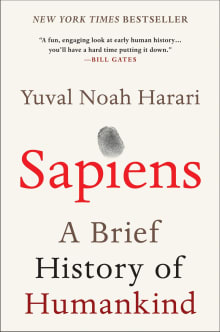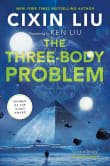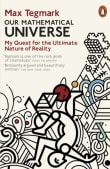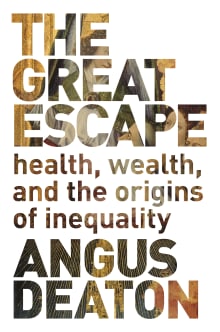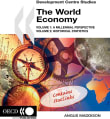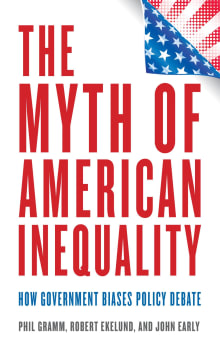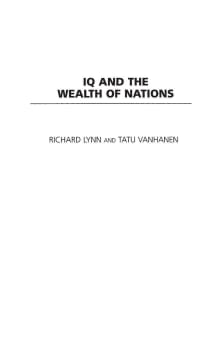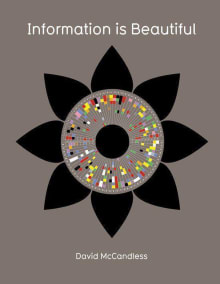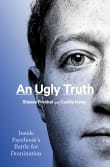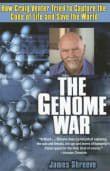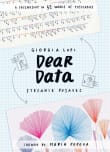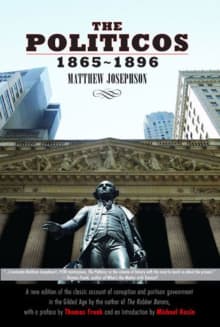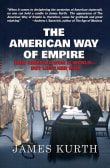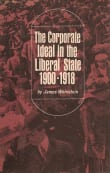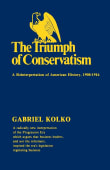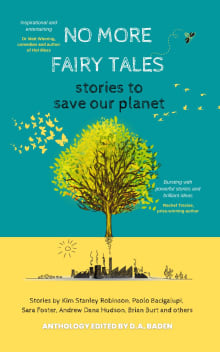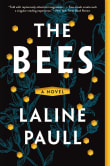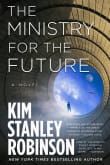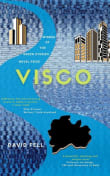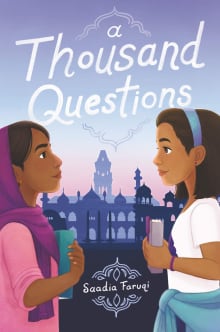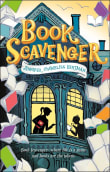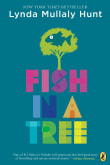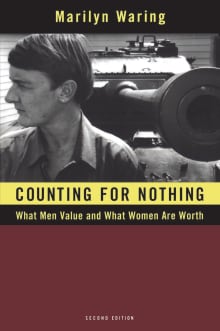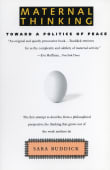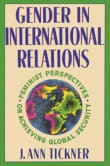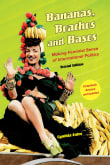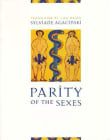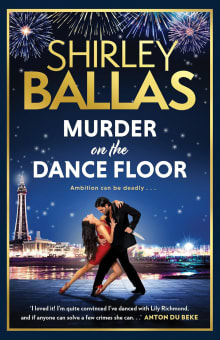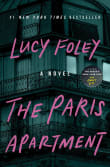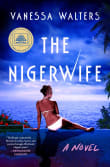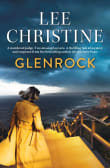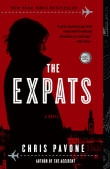Why am I passionate about this?
In school, I wasn’t fond of physics. Most of my education focused on the history of human civilization and culture. I rediscovered physics partly thanks to the books mentioned here—and the strangeness of quanta. My studies, exposure to Tao and Zen philosophies, and exploration of physics have given me a unique perspective and awareness: humanity is merely a tiny particle in the universe, neither central nor the king of all creation. Nothing new, of course—Buddha, Heraclitus, and Shakespeare all knew it well.
Vincent's book list on humanity in the theatre of reality

Why did Vincent love this book?
While reading this book, I had the impression that the author was articulating many of my own observations about the history of humans on planet Earth. Despite my education and interests giving me a fairly good insight into the history of civilizations, he surprised me with numerous insights about the laws that govern human societies. Great job, Mr. Harari.
28 authors picked Sapiens as one of their favorite books, and they share why you should read it.
100,000 years ago, at least six human species inhabited the earth. Today there is just one. Us. Homo sapiens. How did our species succeed in the battle for dominance? Why did our foraging ancestors come together to create cities and kingdoms? How did we come to believe in gods, nations and human rights; to trust money, books and laws; and to be enslaved by bureaucracy, timetables and consumerism? And what will our world be like in the millennia to come?
In Sapiens, Dr Yuval Noah Harari spans the whole of human history, from the very first humans to walk the…
